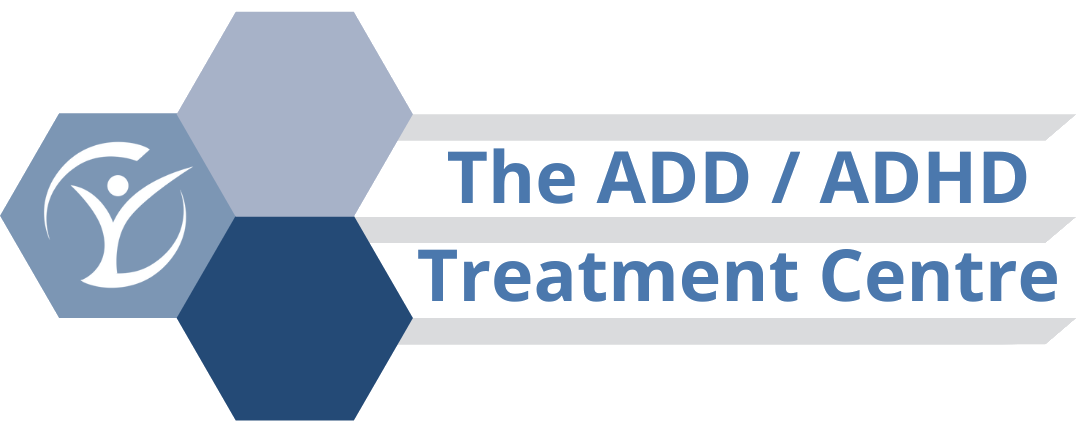Diagnosing ADHD

It is possible (and was more common in the past) for ADHD to be missed (or misdiagnosed) during childhood and only become noticed later in life. Children with ADHD in the past were often incorrectly labelled as dreamers, slackers, troublemakers, and even bad students. ADHD symptoms would be written-off as “normal kid behaviour” that they would “grow out of.” These individuals would often face increasing difficulties as they progressed into adulthood.
Many current adults with ADHD were never diagnosed with it as a child, so they are unaware of their condition as adults. These days, it is considerably more likely for a child with ADHD to be noticed and suitably diagnosed in order for effective management strategies to be implemented at an early age and for maximum effect. Parents and teachers are now also better equipped to help children with ADHD due to increased public and professional awareness of the disorder.
Who Can Help With Diagnosing ADHD?
ADHD diagnosis is typically made by an experienced psychiatrist or clinical psychologist. For children who are suspected of having ADHD, it is also common for paediatricians to perform this diagnosis.
The first step is to approach your General Practitioner (GP) and discuss you or your child’s symptoms with them. They then may be able to write you a referral to have you or your child see a psychiatrist, clinical psychologist, or paediatrician.
In order to gain a well-informed diagnosis, symptoms typically need to be expressed in multiple contexts (such as home and school / work) and be shown to adversely affect daily life.
What Does an ADHD Diagnosis Involve?

The diagnostic and testing process for ADHD may involve:
- Psychological assessments
- Physical check-ups (heart, blood tests or brain scans if required)
- Interviews with family members about behaviour
- Reviewing documents such as school / work reports
After receiving a diagnosis for ADHD, mental healthcare professionals can further assist individuals with ADHD by:
- Creating management plans for ADHD to help guide and improve personal development
- Recommending therapies for adjunct mental health concerns that may be present, such as depression or anxiety
- Prescribing medications to help support healthy lifestyle changes, in addition to keeping track of any side-effects
- Providing resources for counselling and mentoring
- Providing referrals to other relevant healthcare professionals as needed
Diagnosis of Adult ADHD
- Diagnosis of adult ADHD is usually made by an experienced psychiatrist.
- Adults are typically successfully diagnosed with ADHD if there is sufficient evidence they expressed symptoms as a child. For this reason it is important to locate records from childhood such as old school reports, etc.
- Work performance reports and productivity reviews can also be helpful in making the determination if an adult has ADHD.
- As with diagnosing children, for adults, ADHD symptoms also generally have to express themselves in multiple contexts (such as both home and at work) and be shown to adversely affect their daily life.
